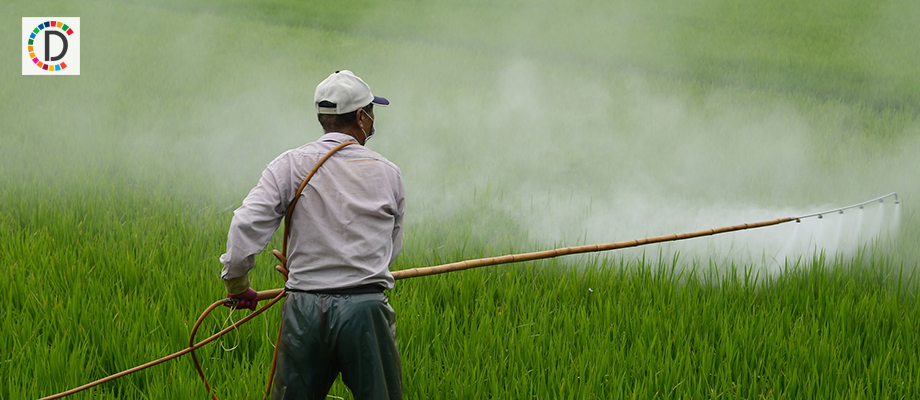Mexico wildlife exports to be targeted if porpoise not protected -trade body
The world's leading species protection body is willing to take its "strongest measure" if Mexico fails to offer a plan to protect an endangered porpoise, a lawyer from the international convention said Wednesday, citing possible trade limits. Illegal fishing has brought the vaquita porpoise, native to Mexico's biologically rich Gulf of California, to the brink of extinction despite a widely criticized government campaign to save it.

The world's leading species protection body is willing to take its "strongest measure" if Mexico fails to offer a plan to protect an endangered porpoise, a lawyer from the international convention said Wednesday, citing possible trade limits.
Illegal fishing has brought the vaquita porpoise, native to Mexico's biologically rich Gulf of California, to the brink of extinction despite a widely criticized government campaign to save it. Mexican representatives to the Convention on International Trade in Endangered Species of Wild Fauna and Flora (CITES), currently meeting in Panama City, asked last weekend for the issue to be reconsidered.
Mexico signed on to the convention in 1991. The vaquita is the world's smallest cetacean, a family of mammals that includes whales and dolphins.
CITES officials have said that if Mexico does not offer a protection plan by the end of February, it could seek to prevent the country from exporting some animal and plant species. "If they don't present that plan in February, the recommendation is that all trade in products of CITES species be suspended," said Juan Carlos Vasquez, the convention's legal chief.
He described possible trade restrictions as "the strongest measure" available under CITES, which covers some 38,000 species, including primates, sea turtles, parrots and orchids. Mexico's environment ministry did not immediately respond to requests for comment.
Some studies estimate there are less than 20 remaining vaquitas in the wild. They often fall victim to fishing nets used to trap totoaba, an endangered fish in high demand in China. Vasquez stressed the need for multinational cooperation since the United States is often a transit country for the totoaba trade.
A recent report by the Center for Biological Diversity, an environmental group, found that a significant increase in wildlife trafficking harms biodiversity in Mexico, one of the nations with the most fauna and flora in the world.
(This story has not been edited by Devdiscourse staff and is auto-generated from a syndicated feed.)
ALSO READ
Weather is the hot topic as eclipse spectators stake out their spots in US, Mexico and Canada
White House: US condemns Ecuador's armed raid of Mexico's embassy
Mexico president says embassy raids only happen with outside support
Why can't states impose regulations on industrial alcohol to stop its abuse: SC to Centre, cites hooch tragedies
US asked Ecuador to work with Mexico to find resolution after diplomatic dispute, White House says










